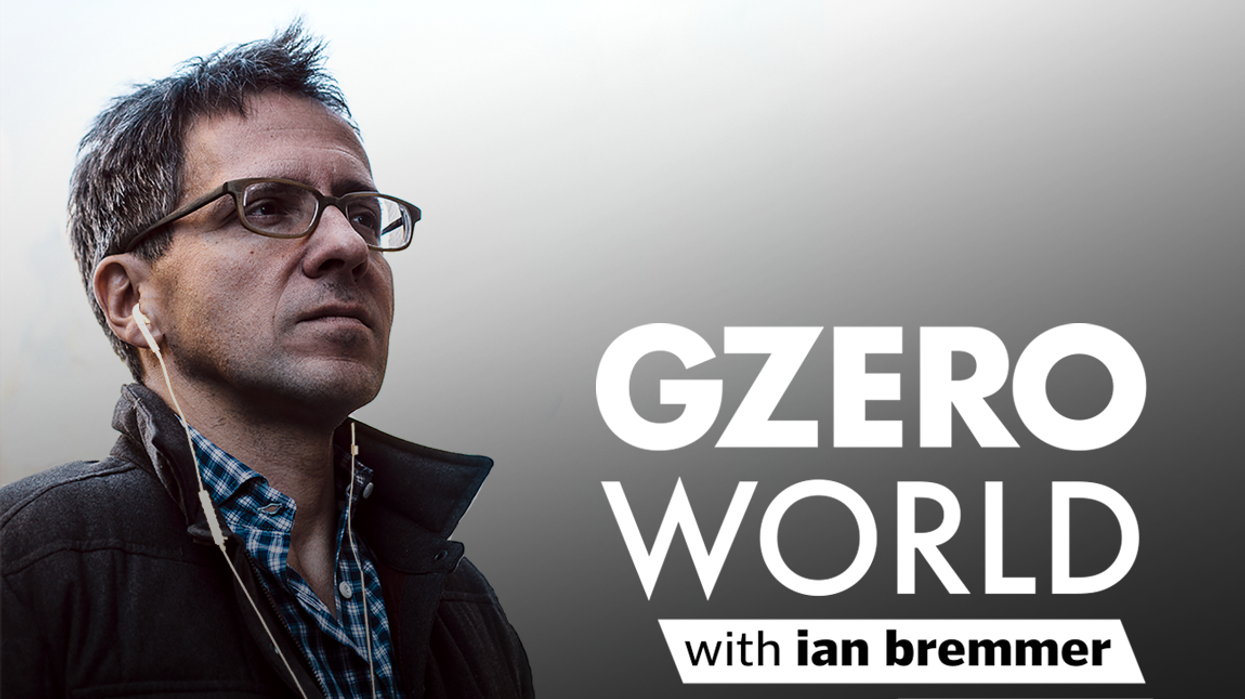
Podcast: One Saudi step too far with Nicholas Kristof
Listen: What happens if there are no consequences for murder? Does it make it easier for it to happen again? The killing of journalist Jamal Khashoggi at a Saudi consulate in Turkey may put those questions to the test. Ian examines them with a man who came to know Khashoggi personally over the past 15 years: Two-time Pulitzer prize winner Nicholas Kristof of The New York Times. Then, of course, puppets.
Listen: What happens if there are no consequences for murder? Does it make it easier for it to happen again? The killing of journalist Jamal Khashoggi at a Saudi consulate in Turkey may put those questions to the test. Ian examines them with a man who came to know Khashoggi personally over the past 15 years: Two-time Pulitzer prize winner Nicholas Kristof of The New York Times. Then, of course, puppets.
Subscribe to the GZERO World Podcast on Apple Podcasts, Spotify, Stitcher, or your preferred podcast platform, to receive new episodes as soon as they're published.






